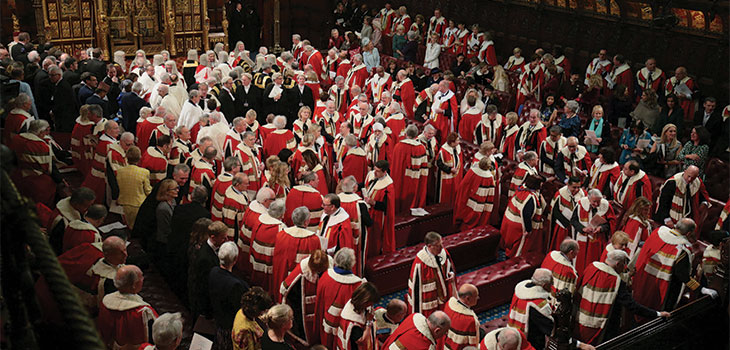
The parliamentary debates on the United Kingdom Internal Market Bill came to a surprising harmonious ending on the evening of Tuesday 15 December.
The purpose of the Bill, as its title indicates, is to regulate the UK single market after the ending of the Brexit transition period. Most of the many hours both Houses spent debating the Bill were devoted to two topics. One was Part 5 of the Bill with its notorious clauses 44, 45 and 47 allowing ministers to issue regulations that the Government admitted would be in breach of international law. Part 5 of the Bill provoked uproar.
On November 9, the House of Lords, led by former Lord Chief Justice Lord Judge, voted to remove the whole of Part 5 by the crushing majority of 433 to 165. The 44 Conservative peers who voted against the Government included the Party’s former Leader, Lord Howard of Lympne,





.tmb-mov69x69.jpg?sfvrsn=961ae4db_1)
95ca96e3d47f4eff8d147c4f0df17c77.tmb-mov69x69.png?sfvrsn=3db5d86b_1)

